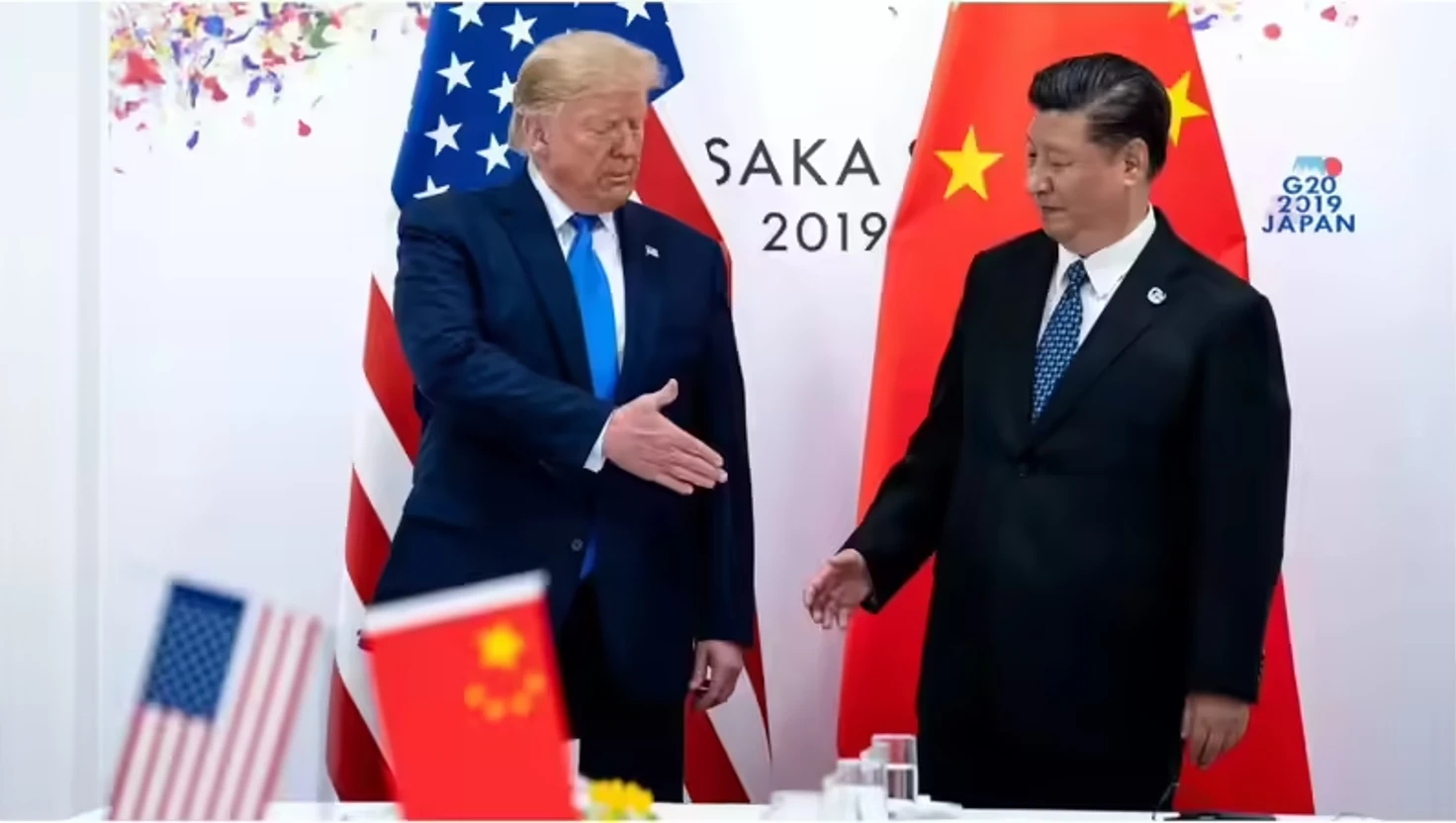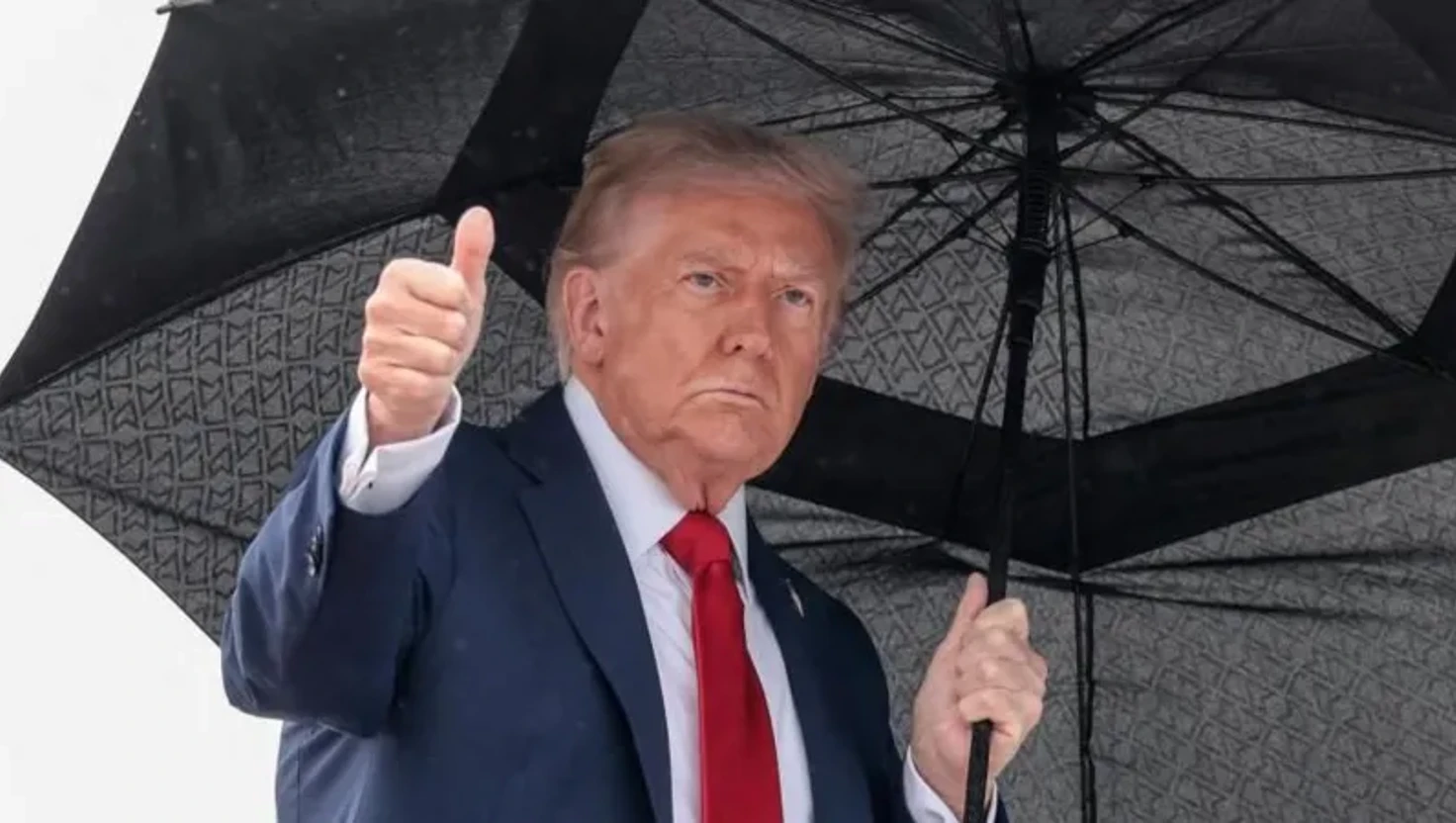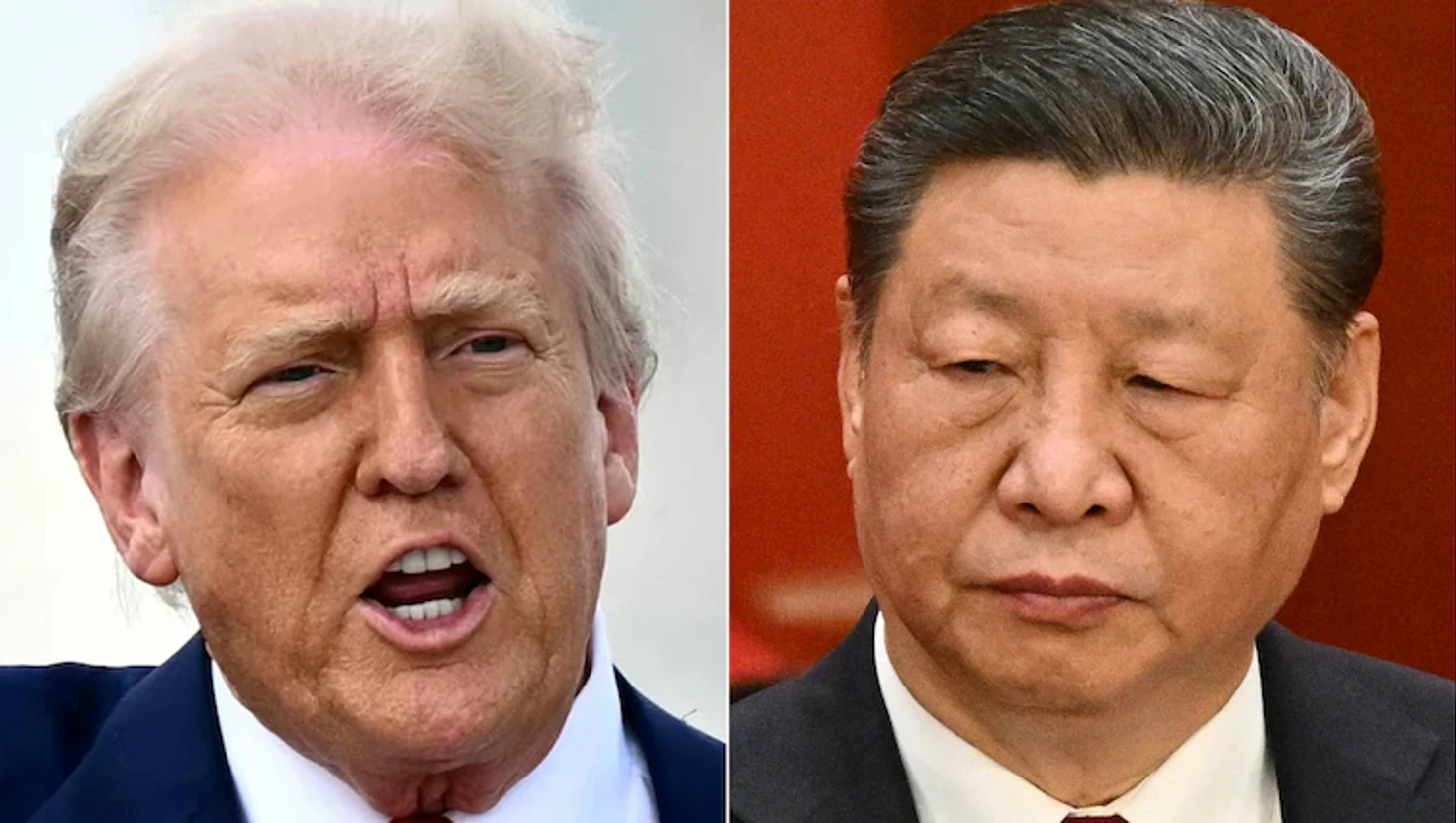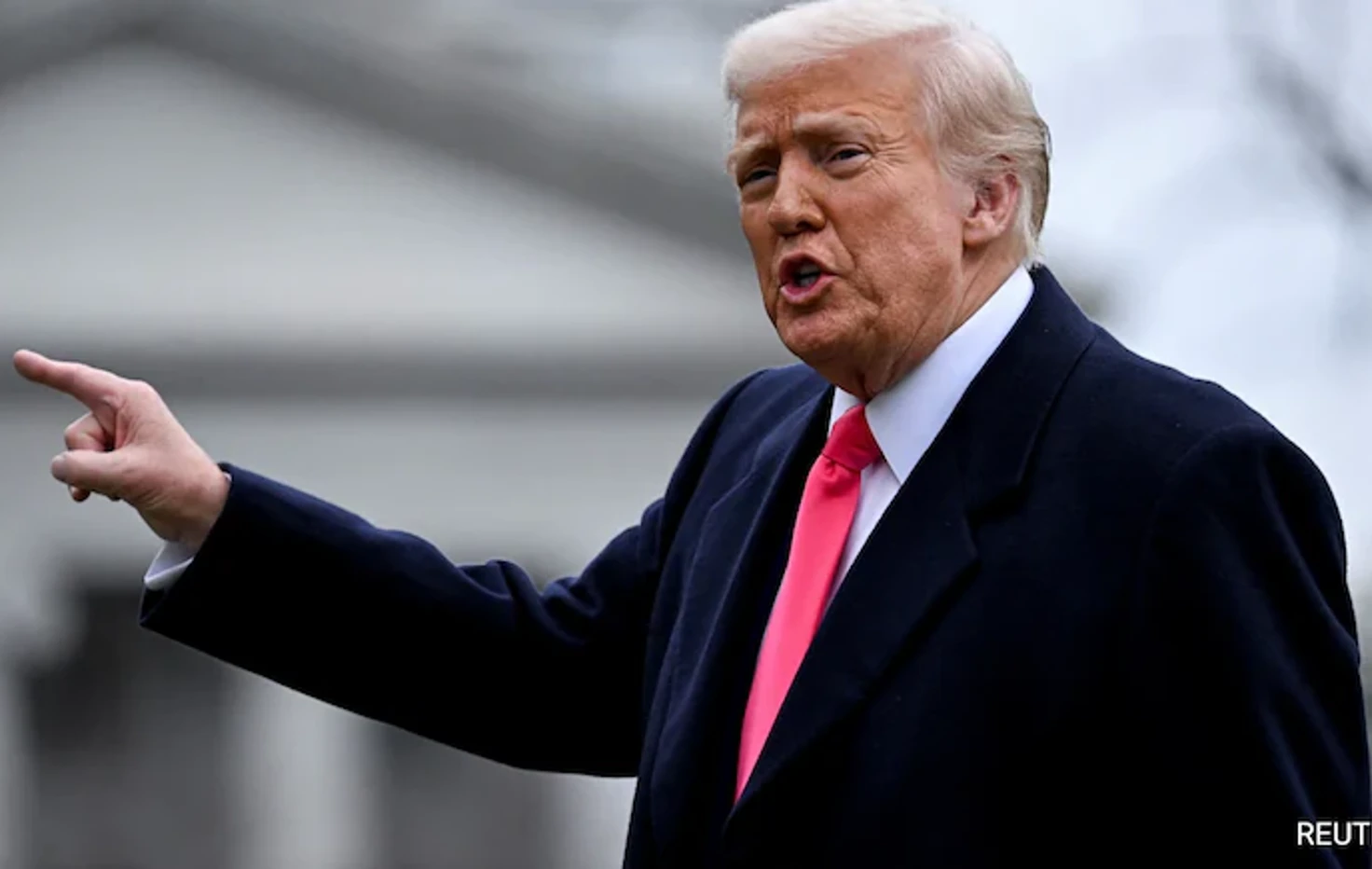Trump claims "economically hostile act" by China, threatens terminating business with Beijing

U.S. President Donald Trump stated on Tuesday that his administration is contemplating ending certain commercial dealings with China in response to the country's decision to stop purchasing American soybeans. This declaration highlights an ongoing trade dispute between the two nations.
Allegations of Economic Hostility
In a post on the social media platform Truth Social, Trump accused China of intentionally avoiding purchases of U.S. soybeans, labelling the action as an "economically hostile act." He indicated that the U.S. could independently produce cooking oil and not rely on Chinese imports.
Trump's statement follows a critical period for American soybean farmers. The current harvesting season is underway, and China, which previously ranked as the top purchaser of American soybeans, has not placed any orders this season. This development has led to a significant drop in soybean prices and rising concern among farmers across the Midwest.
Shift in Trade Dynamics
The United States produces approximately 61% of the world's soybeans, but for this harvest, zero sales have been recorded to China—a stark contrast to last year, when China purchased soybeans worth approximately 1.05 trillion rupees. Experts suggest that this dramatic decline may relate to the escalating trade tensions and tariffs imposed by the Trump administration, which have made U.S. soybeans less appealing to Chinese buyers.
Lu Ting, the chief China economist at Nomura Holdings, noted that current U.S. soybeans do not hold the same significance for China, allowing Beijing to use the import ban as a strategic negotiation tool.
The tariffs imposed by the U.S. have also resulted in increased costs for agricultural inputs like fertiliser, further squeezing the profits of American farmers. Many are opting to store their crops rather than sell, awaiting a more favourable market situation. Morey Hill, a soybean farmer from Iowa, expressed his worries, stating that without a resolution in trade discussions with China, the soybean market could face serious difficulties.
The Broader Context
This situation does not solely pivot around soybeans; it echoes previous instances of China employing similar trade tactics with rare earth minerals. These commodities have been used in negotiations with U.S. officials, signifying a pattern in China's bargaining strategies.
While soybeans lack the unique properties of rare earths, they play a crucial role in China's agricultural sector, particularly in livestock production. As tensions escalate, China has shown a noticeable shift in its soybean sources, increasingly looking towards South American producers, with substantial imports recorded from Argentina.
Dean Buchholz, a farmer completing his final crop this year, voiced his frustration: "I always thought I would farm till they threw dirt on top of me, but the current situation is unsustainable."
Caleb Ragland, president of the American Soybean Association, expressed the collective discontent within the farming community, stating, "The frustration is overwhelming. This period is crucial for soybean exports, typically peaking between October and December."
Implications for Future Trade
China appears to be delaying future purchases, possibly until Brazilian crops become available in February. Crop scientist Sarah Taber expressed concern about the impact of stalled negotiations, indicating that if an agreement is not finalised by December, U.S. soybean exports could miss out on significant international opportunities.
Trump's comments and subsequent reactions on social media have caused fluctuations in stock market indices, reflecting the economic uncertainty surrounding U.S.-China trade relations. After Trump’s announcement, the S&P 500 index dropped, highlighting the market's sensitivity to trade-related news.
As the situation evolves, it remains to be seen how both governments will navigate these complexities in a potentially volatile trade landscape.

'The war is over', says Donald Trump as he flies to Israel, Egypt

Trump threatens new 100% tariff on China effective November 1 "or sooner"

Israeli government approves US-brokered Gaza ceasefire and hostage release deal

Israel and Hamas sign off on Gaza Peace Plan. Trump likely to visit Egypt this weekend





